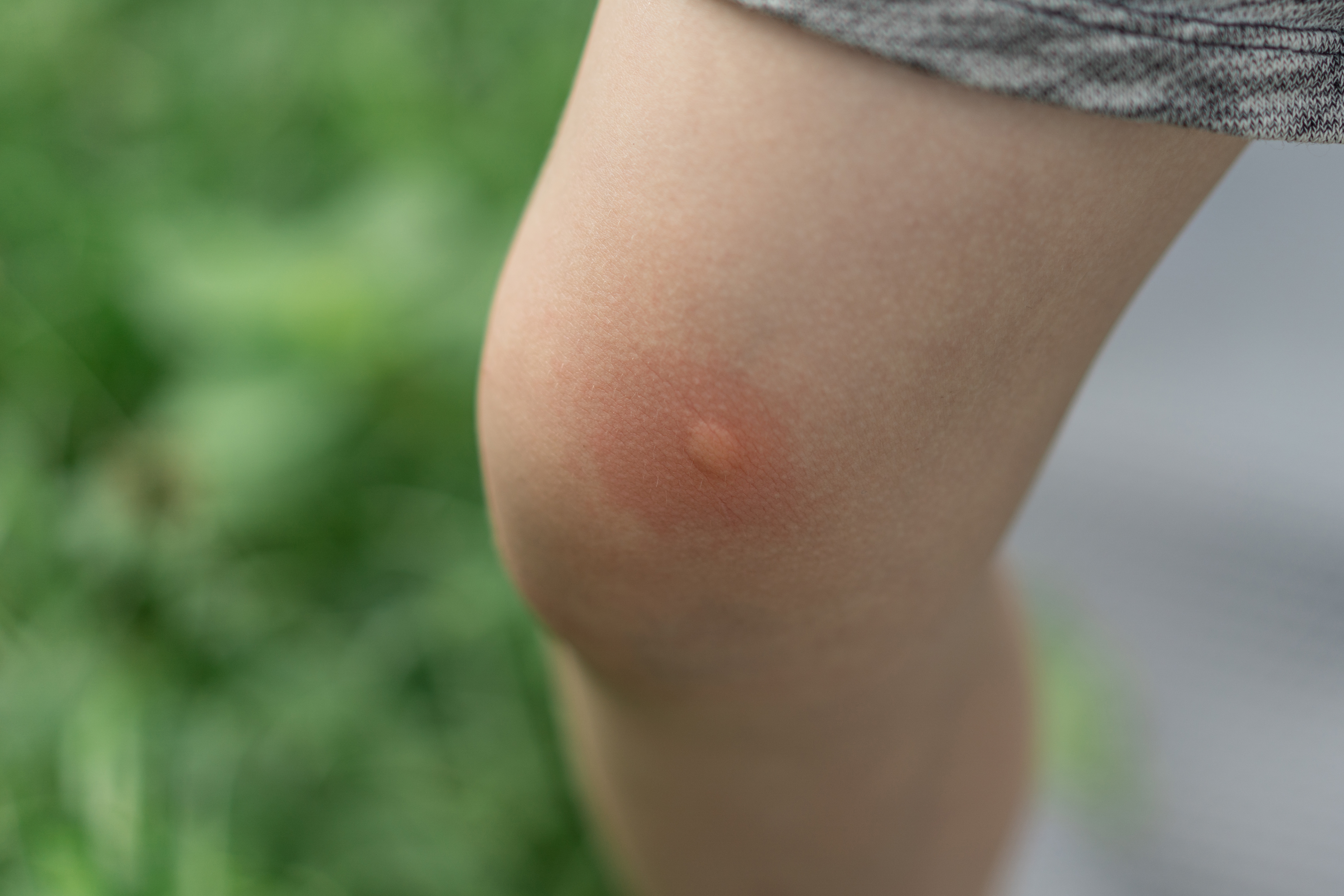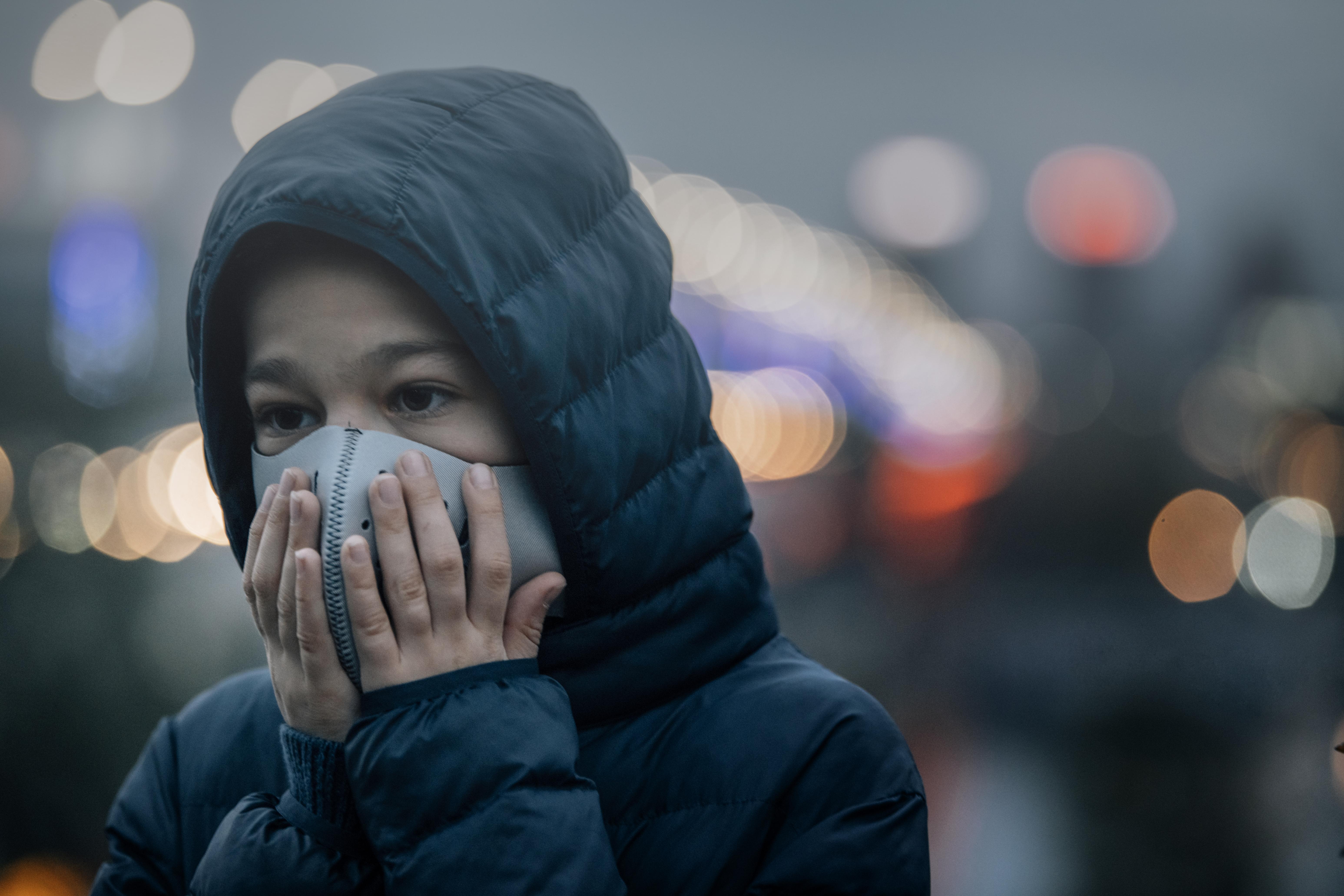12 Unexpected Summer Allergy Triggers You Didn't Know About
3. Insect Bites and Stings

Summer's warm weather is a magnet for insects, and their bites and stings can be more than just a nuisance for allergy sufferers. Bees, wasps, mosquitoes, and even ants can trigger allergic reactions ranging from mild irritation to severe anaphylaxis. The body's immune system reacts to the proteins in the insect's saliva or venom, leading to symptoms such as swelling, redness, and itching. In severe cases, individuals may experience difficulty breathing, dizziness, or a drop in blood pressure, requiring immediate medical attention. For those with known insect allergies, carrying an epinephrine auto-injector is essential. Preventative measures, such as using insect repellent, wearing long sleeves and pants, and avoiding areas with high insect activity, can reduce the risk of bites and stings. Understanding the potential for allergic reactions to insect bites and stings allows individuals to enjoy outdoor activities with greater peace of mind, knowing they are prepared for any unexpected encounters.
4. Air Pollution and Ozone

Air pollution is an often overlooked trigger for summer allergies, with ozone being a significant component. During the summer months, increased sunlight and heat can lead to higher levels of ground-level ozone, a key pollutant that can exacerbate respiratory allergies and asthma. Ozone is formed when pollutants from vehicles, industrial facilities, and other sources react in the presence of sunlight. Exposure to high ozone levels can cause symptoms such as coughing, throat irritation, and chest discomfort, particularly for those with pre-existing respiratory conditions. Monitoring air quality reports and limiting outdoor activities during high ozone days can help mitigate exposure. Additionally, using air purifiers indoors can improve air quality within the home. Understanding the impact of air pollution on allergies is essential for those looking to protect their respiratory health during the summer months, allowing them to enjoy outdoor activities without compromising their well-being.
